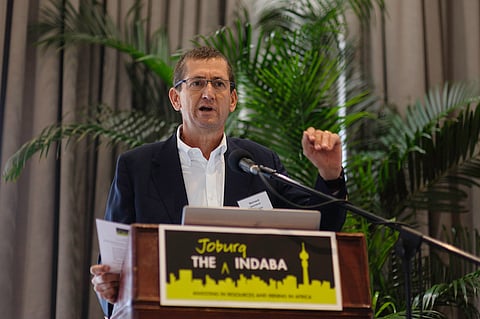Bernard Swanepoel: Set small businesses free and the result will shock SA
Mining entrepreneur Bernard Swanepoel has transformed from CEO of one of the world's biggest gold miners into a champion for small business. In this interview on Rational Radio, the chairman of the Small Business Institute (formerly the AHI) talks straight about where the SA economic recovery will come from. He reckons the appointment of a Small Business minister in the cabinet was a bad decision because these companies need to be treated as an integral part of the whole economy. He points out that in SA only 28% of jobs are created by formal SMEs – under half the global average of 60%. No mystery, then, on how to make a proper dent in the country's high rate of unemployment. – Alec Hogg
We were talking a little earlier about Harmony's share price up 25 percent in the last week. A former chief executive of Harmony who's still in mining but he's very much a small business champion as the chairman of what used to be the Afrikaanse handelsinstituut, which became the Small Business Institute. Bernard lovely to be chatting, we saw each other earlier this week at your Junior Mining Indaba. You've got like 200 people squashed into that room at the Jo'burg Country Club. It seems that, well I don't know if it was standing room only, but did you have to turn anybody away.
___STEADY_PAYWALL___

